Xirqulate is one of the six groundbreaking circular chemistry projects that have obtained subsidies. Based on their joint ambition to invest in making the City of Rotterdam and the province of South Holland more sustainable, earlier this year the city and the province launched an additional round of subsidies within the EU recovery fund. And with success. Asbetter Acidsfabriek, Circular Recycling Company, Xirqulate, Vertoro, Obbotec and Xycle are together receiving €7 million in subsidies.
From harbour sludge to bricks
Xirqulate wants to start using harbour sludge to produce bricks. Large volumes of sludge flow into the Port of Rotterdam from rivers. This largely contaminated sludge is currently stored unprocessed in a depot or pre-processed in a mechanical sludge cleaning plant, after which the residue is disposed of. Xirqulate plans to turn these waste streams, along with residues from household waste, into a raw material for the ceramic industry that can be used to make bricks. This involves a process known as Dynamic Thermal Oxidation, which not only significantly reduces CO2 emissions but also generates a lot of heat that can be used for other purposes or converted into electricity. In this project, Xirqulate is developing a proof of concept on a practical scale. The foundation for this is being laid in the context of this REACT-EU project.
Recovery fund
The Netherlands has previously successfully made use of the REACT-EU fund to accelerate the green and digital transition in the north, east and south of the country. The fund is part of the special €750 billion coronavirus recovery fund, Next Generation EU. €47.5 billion of this fund has been earmarked for the REACT-EU programme.
This initiative has come about with the help of the European Union and the European Regional Development Fund. The REACT-EU funds were provided in a European Union response to the Covid-19 pandemic.



